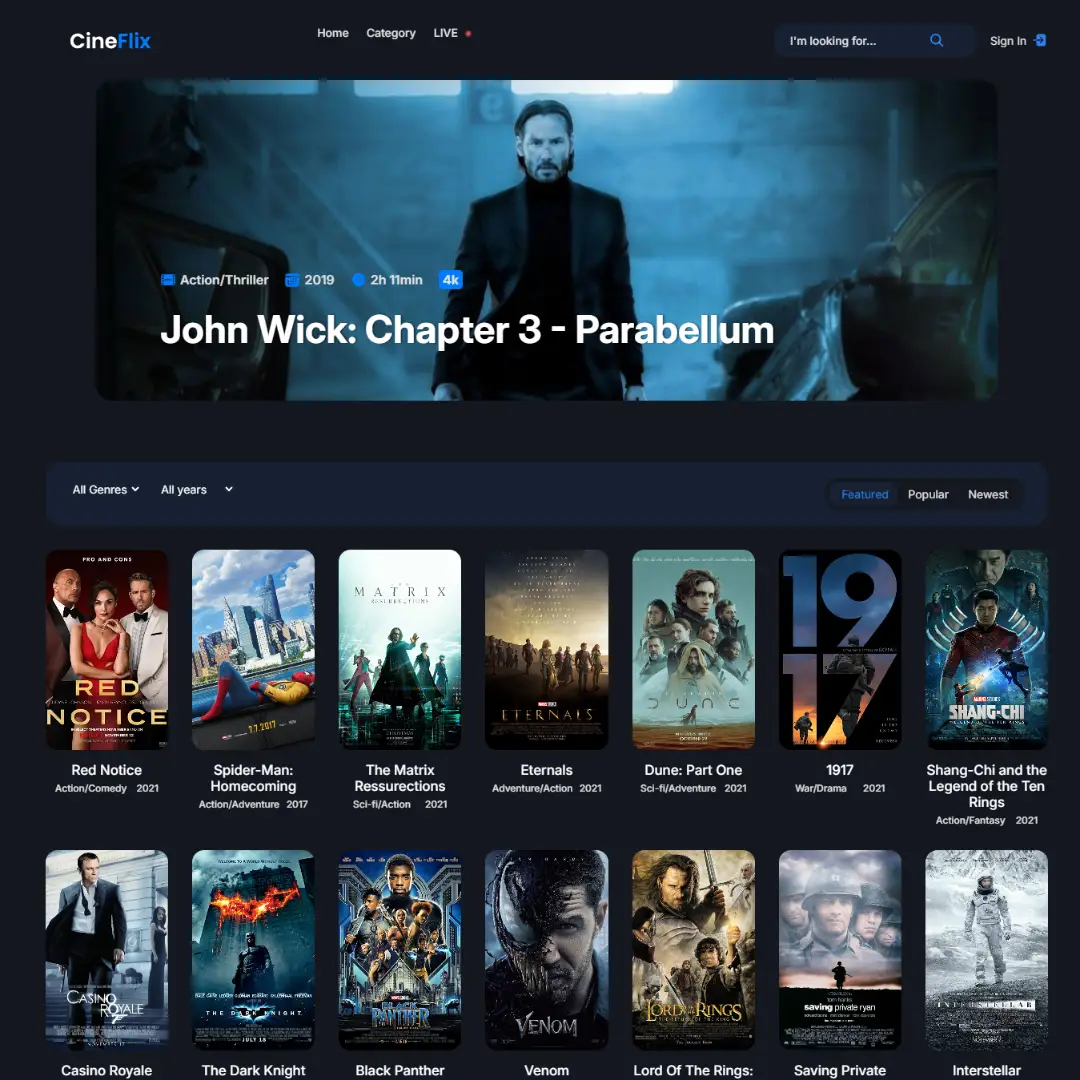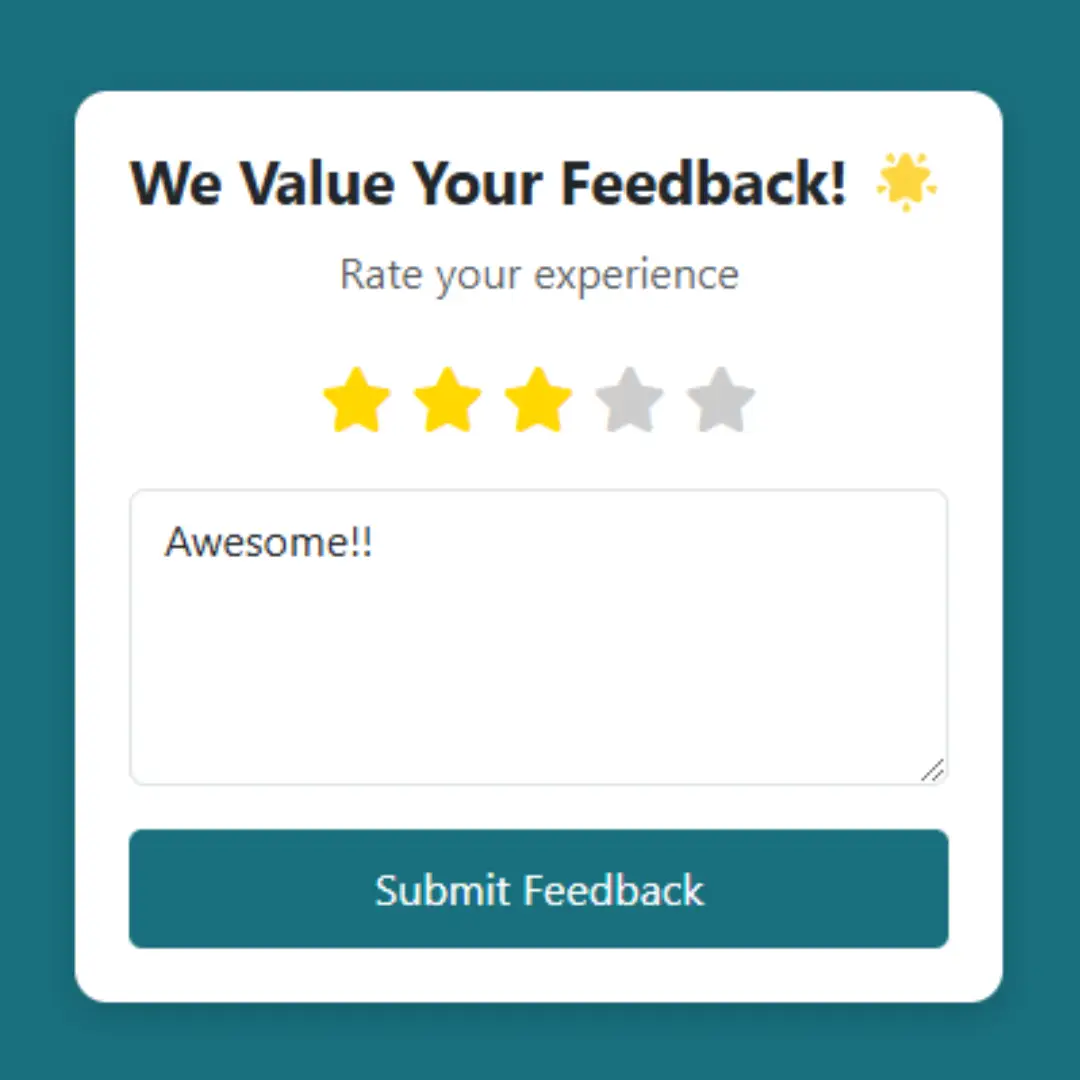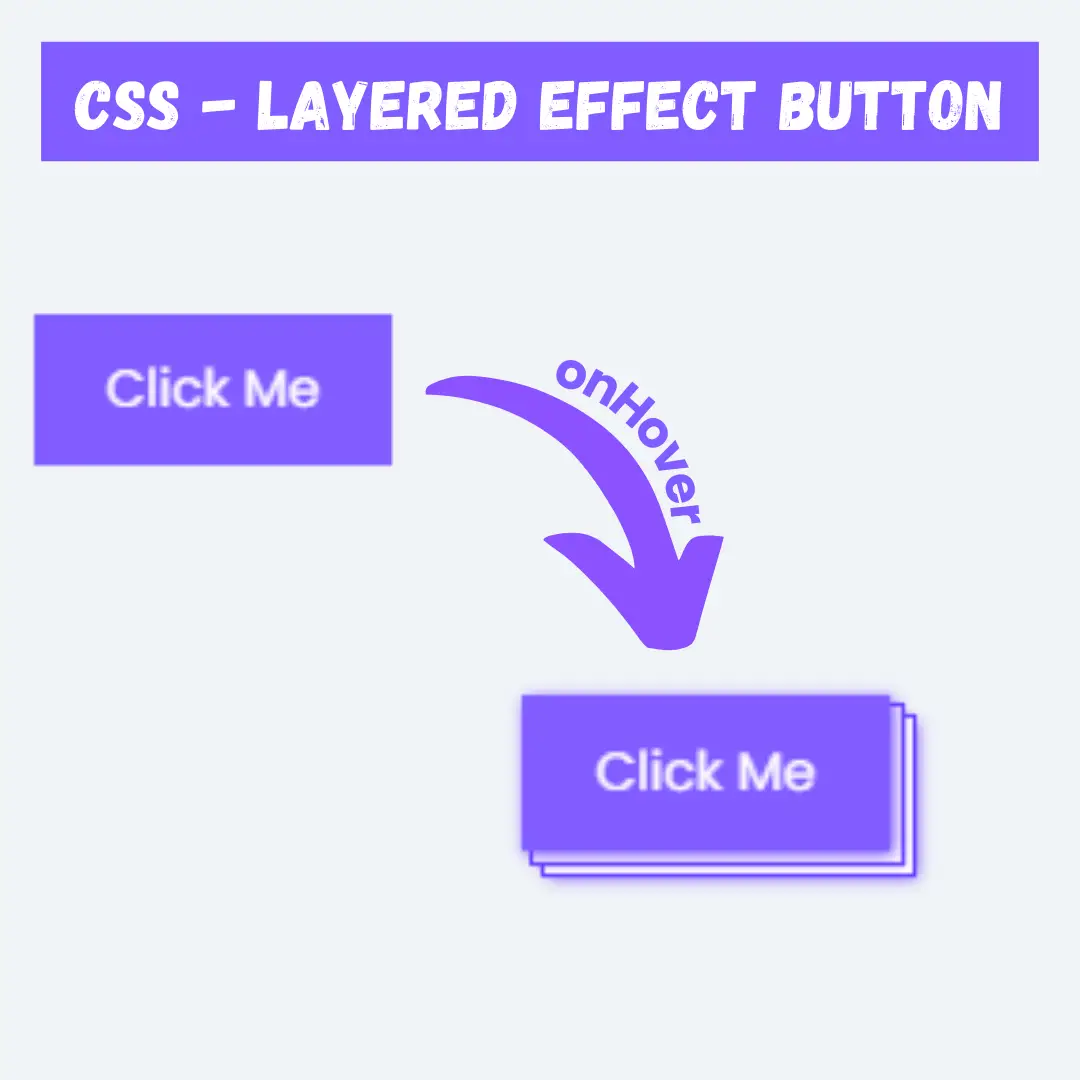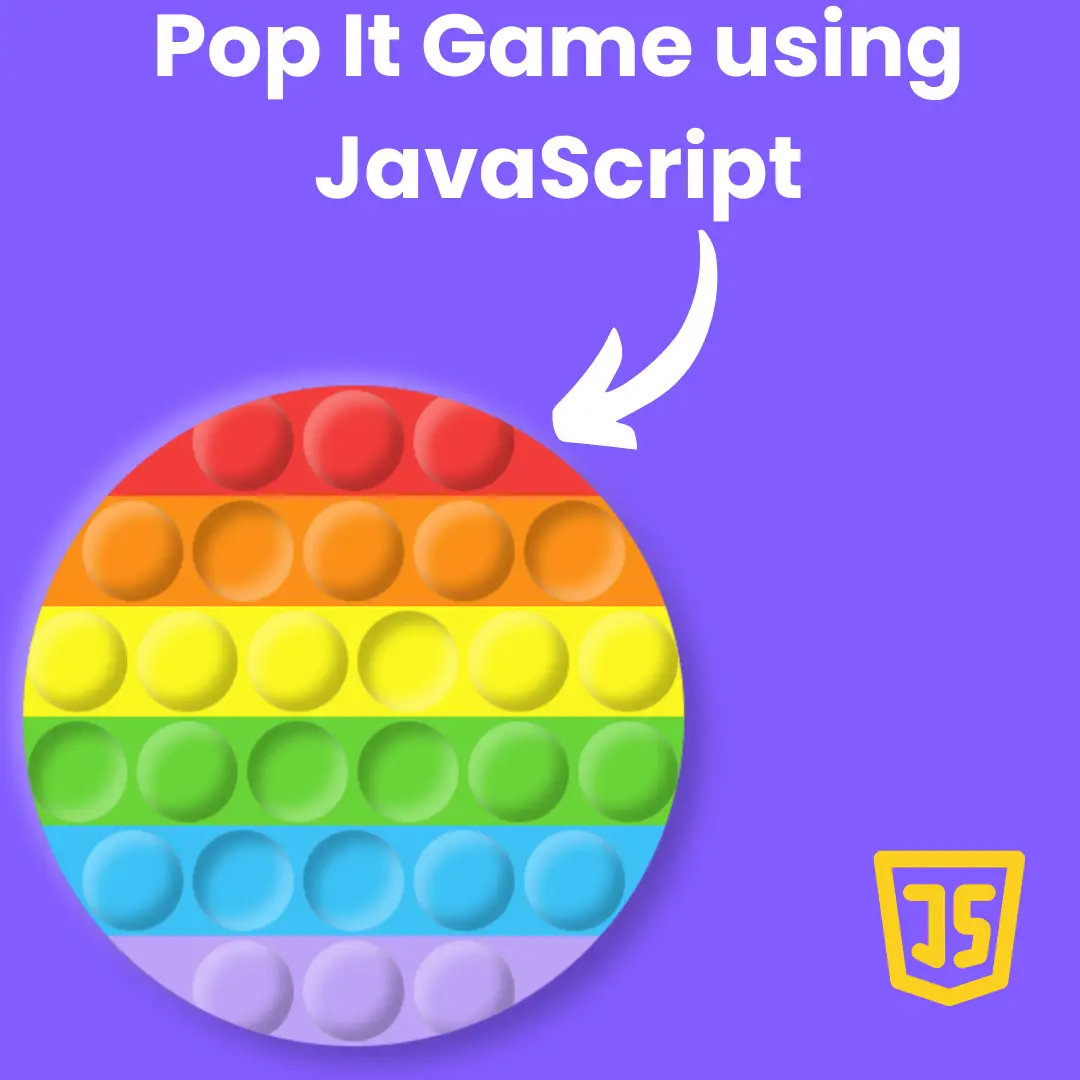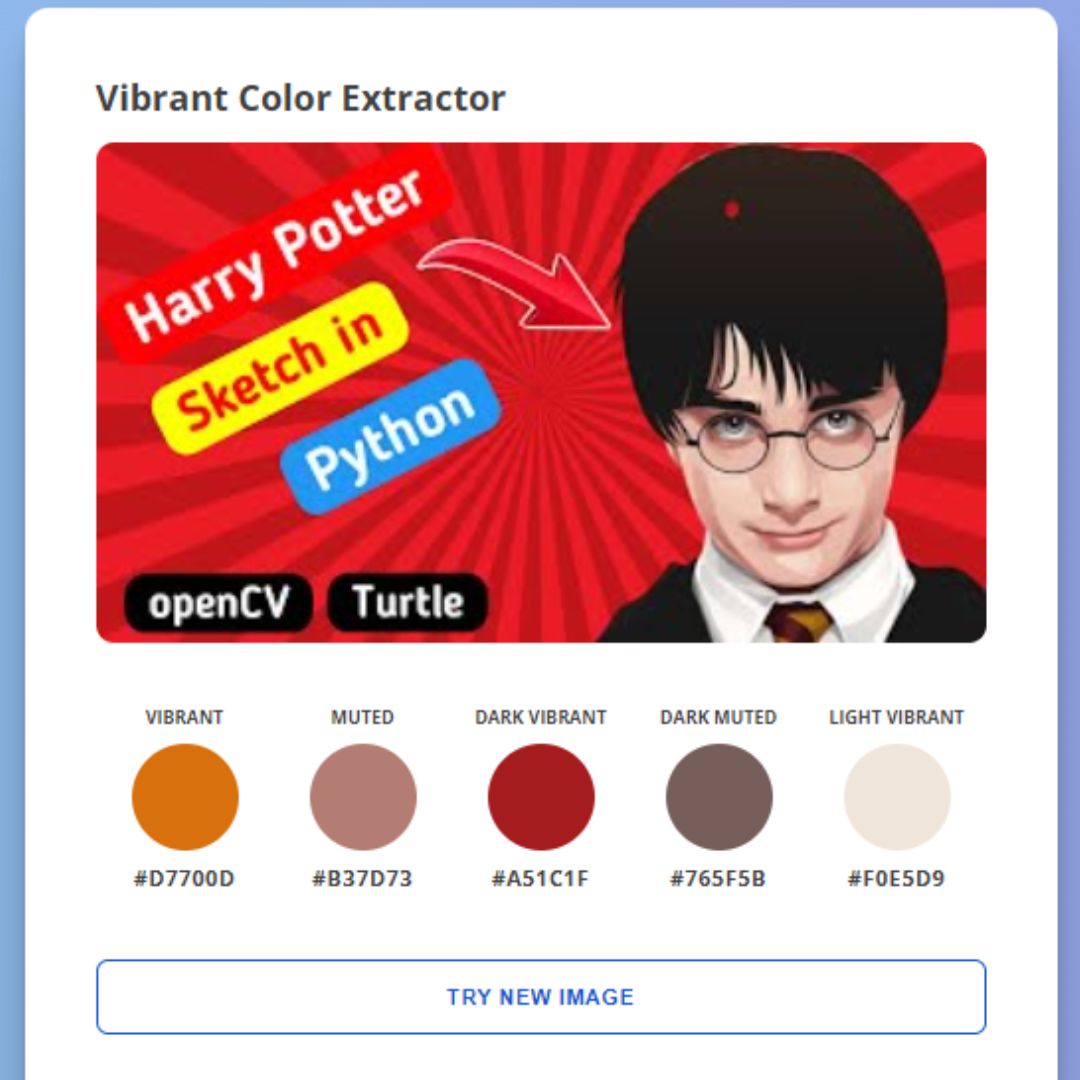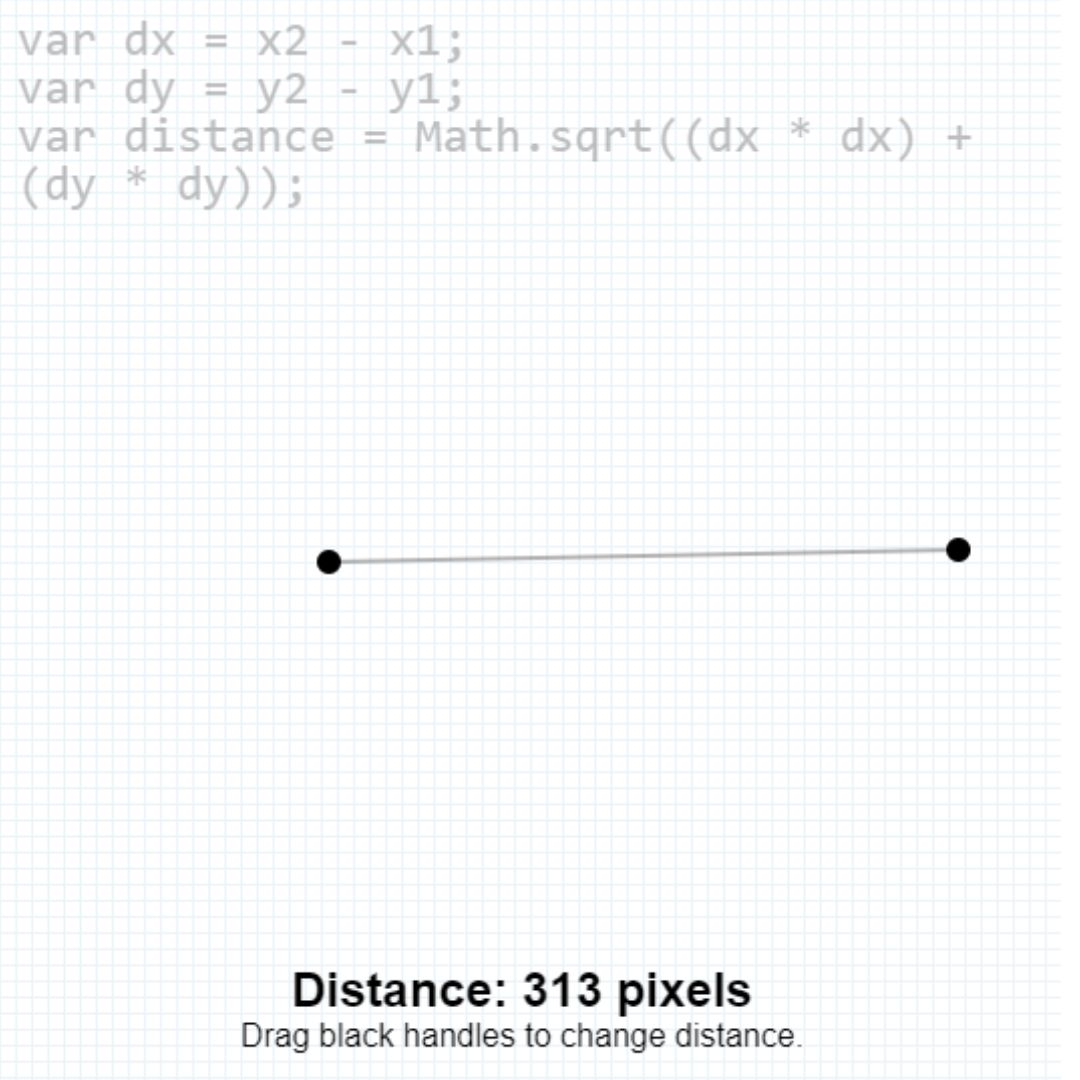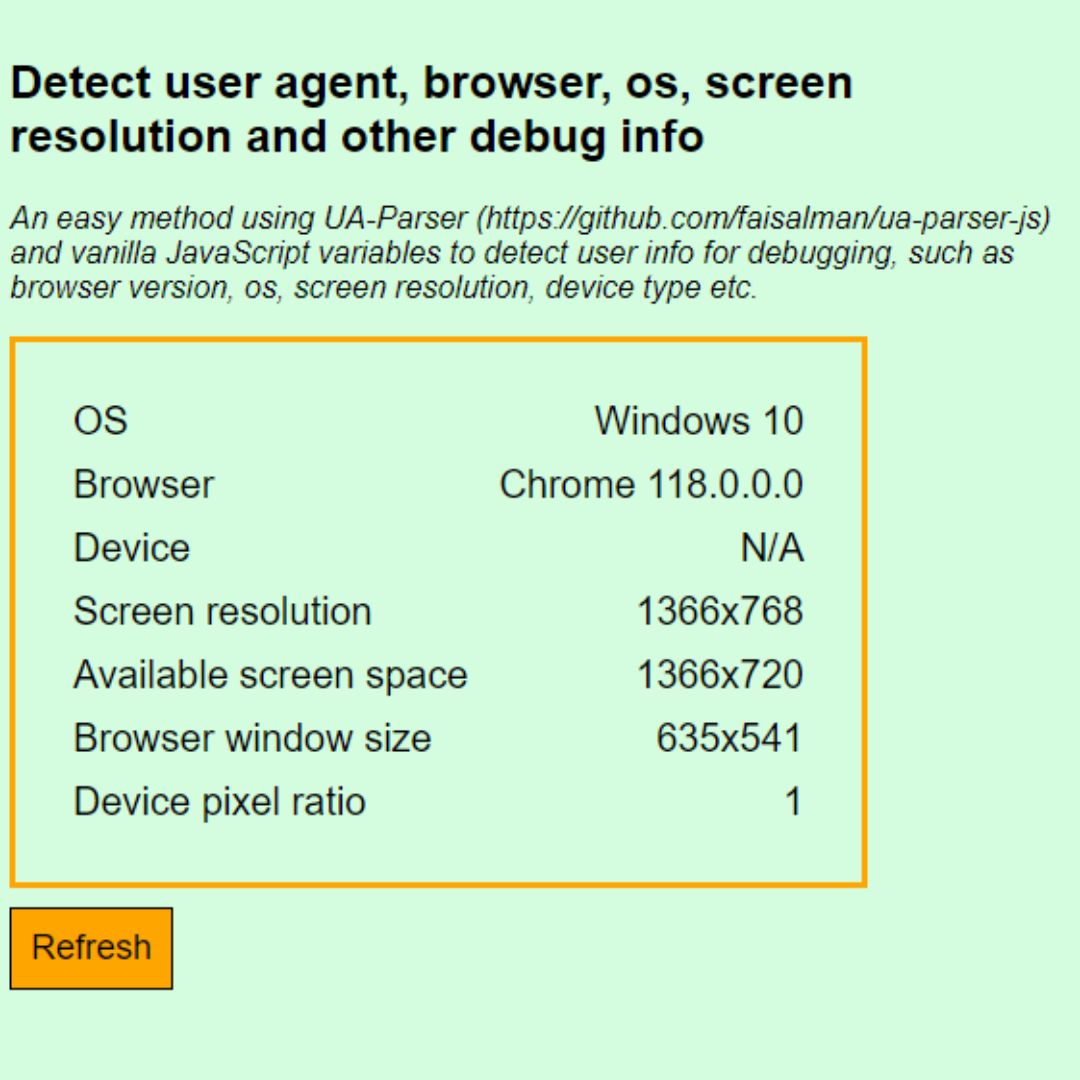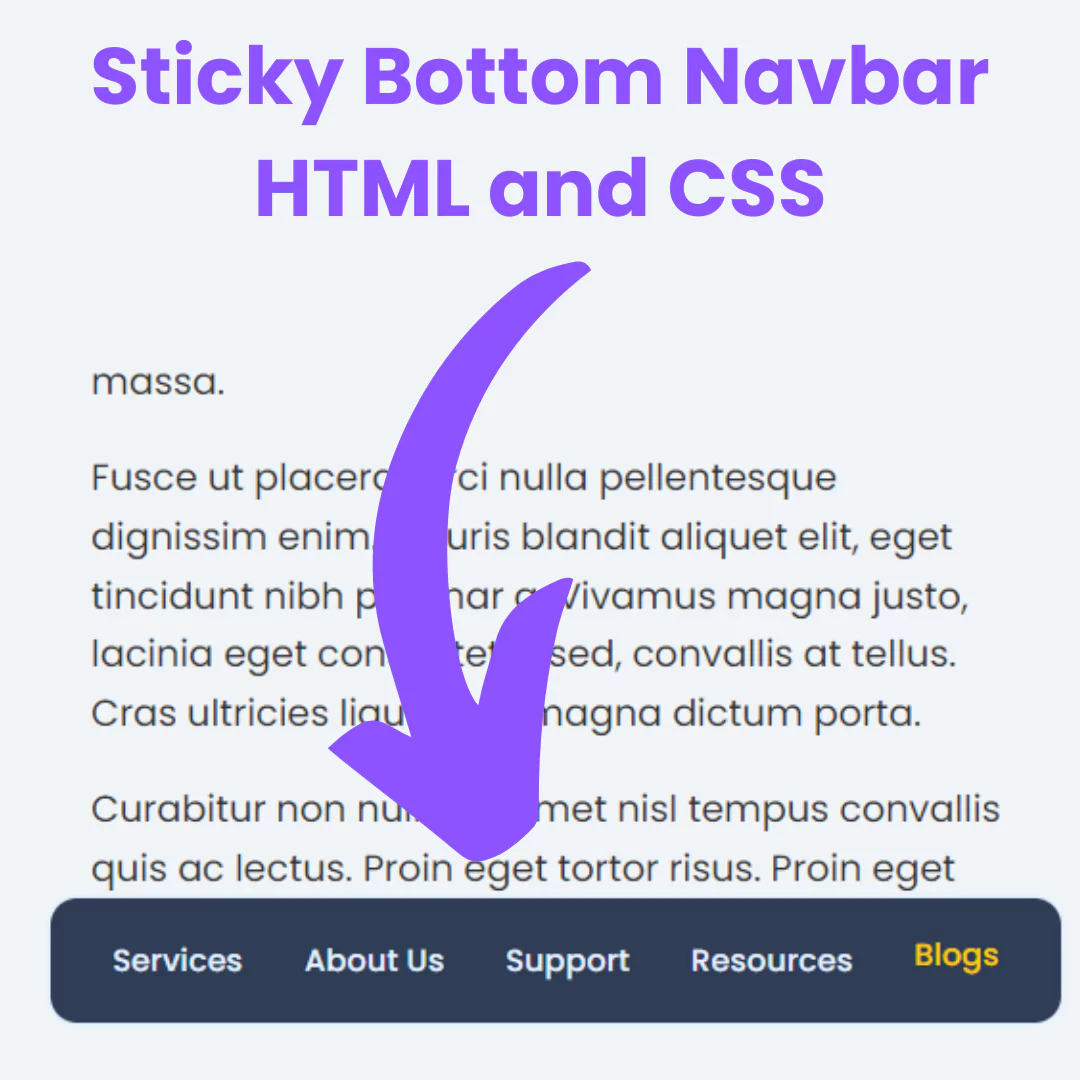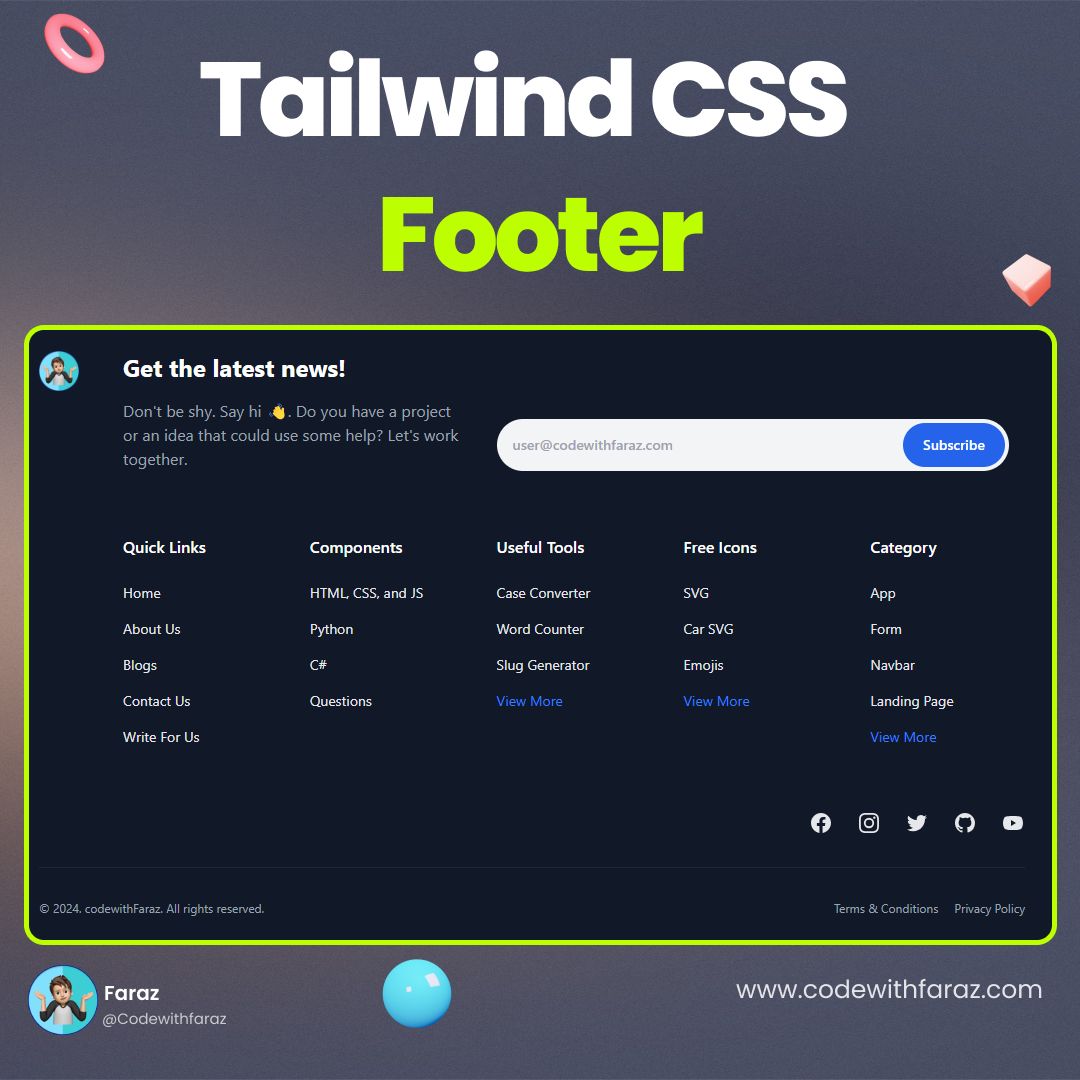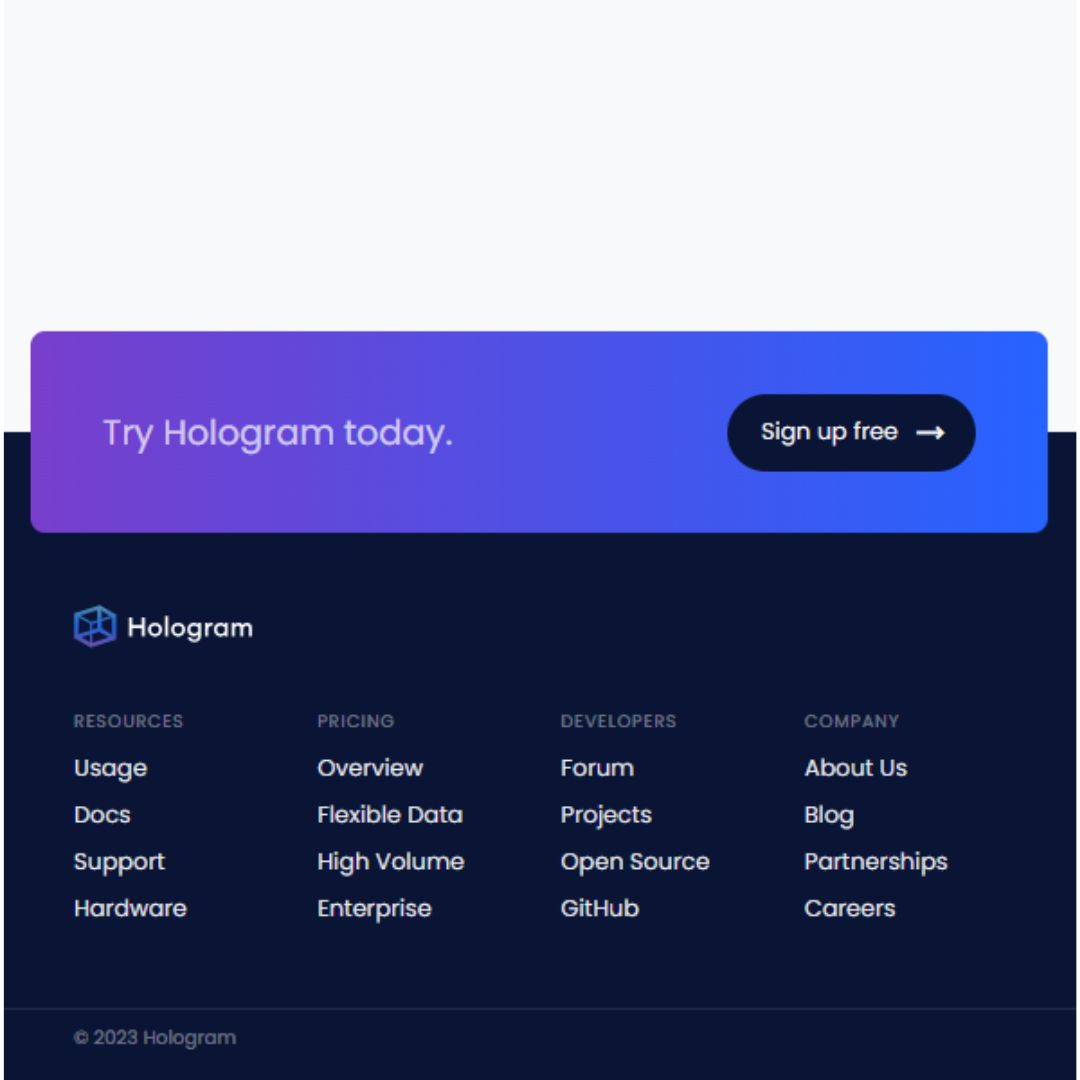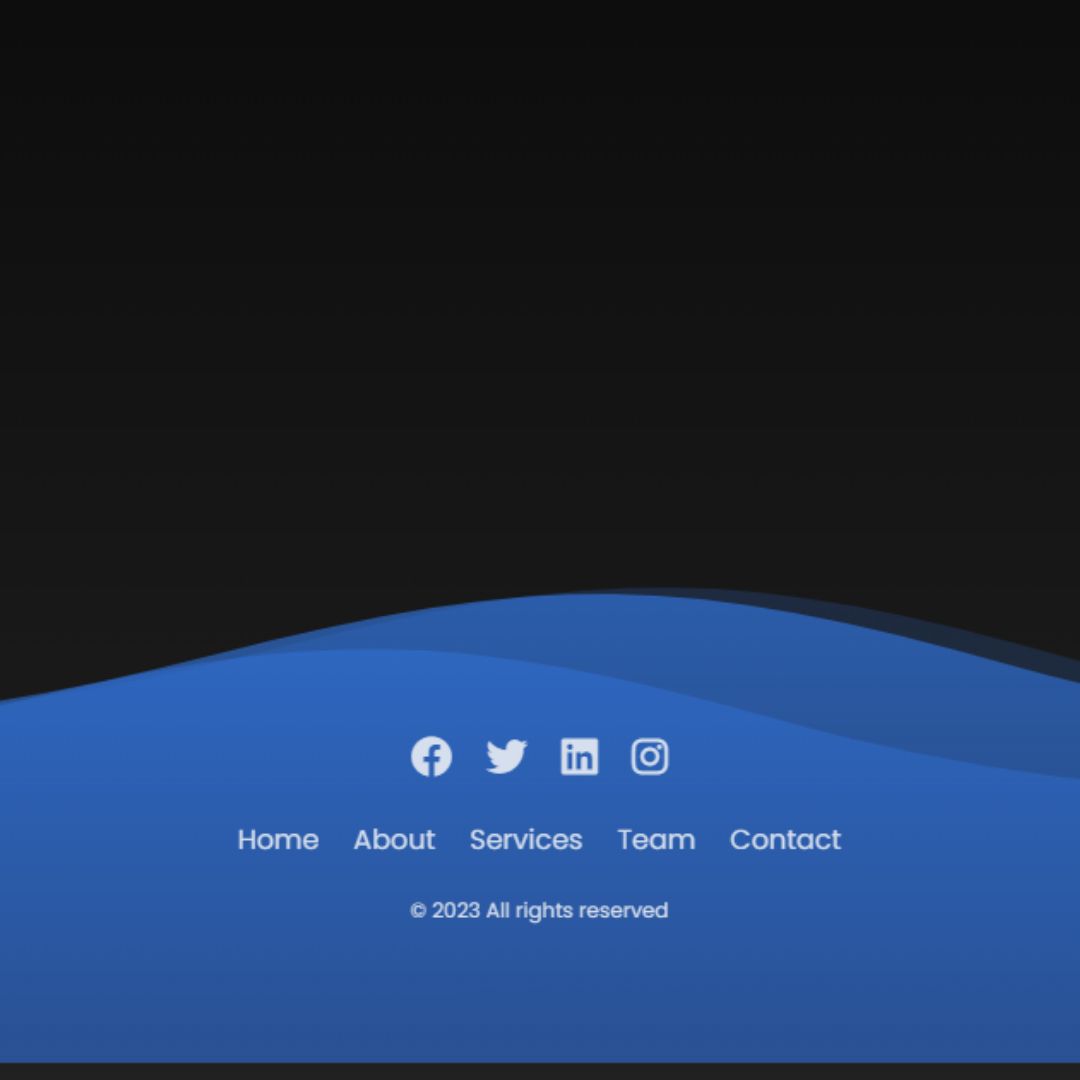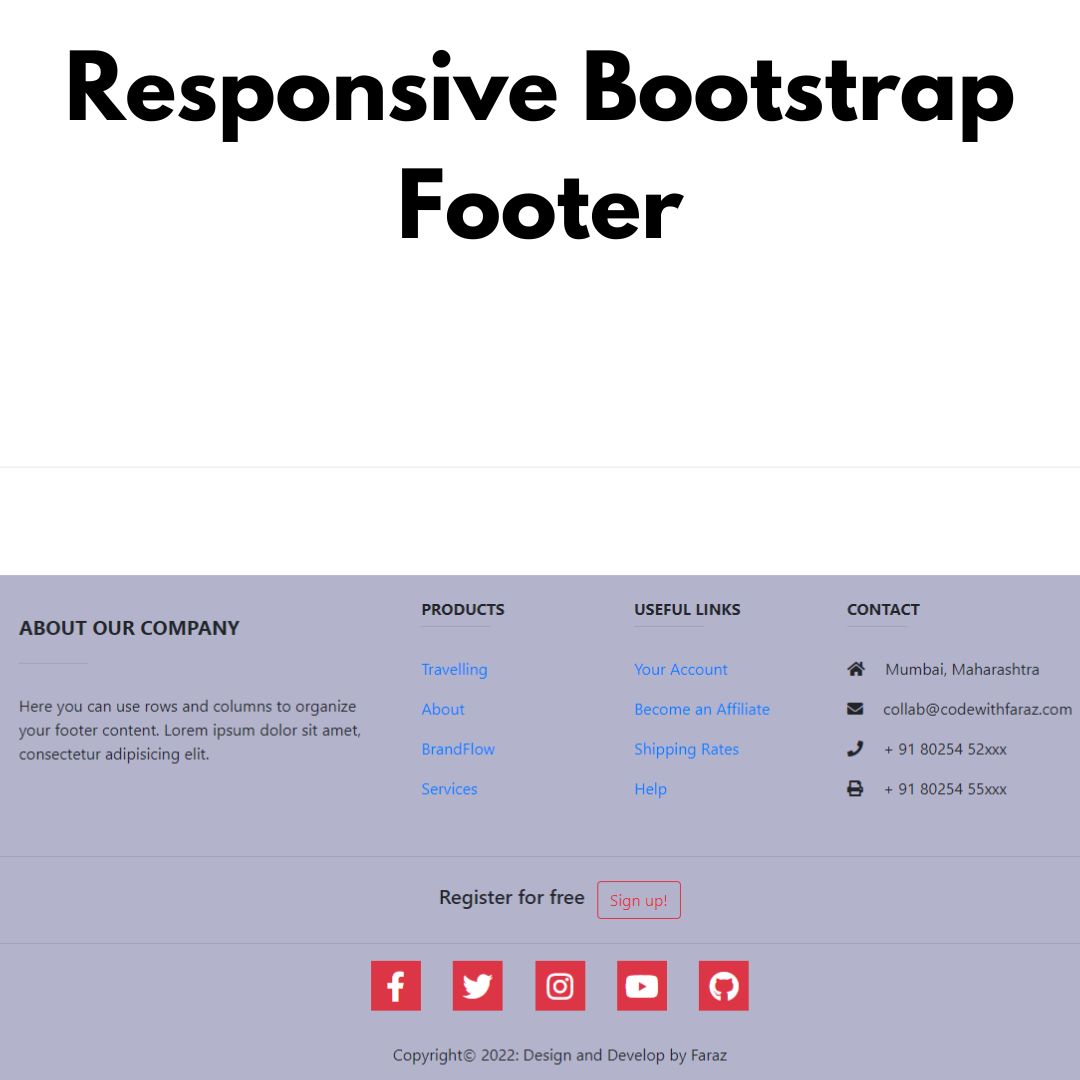Laravel vs Symfony is considered to be the top-rated PHP MVC Frameworks, but before you decide which is right for your next project, read this article to find out the ins and outs of these popular frameworks.

In the world of web development, there is a constant need for tools that can help developers build complex applications quickly and efficiently. MVC (Model-View-Controller) frameworks are one such tool that provides developers with a way to structure their code and build scalable applications. Laravel and Symfony are two of the most popular PHP MVC frameworks used by developers around the world. Both frameworks have their strengths and weaknesses, and choosing the right one for your project can be a difficult task. In this article, we will compare Laravel and Symfony and help you make an informed decision.
MVC Frameworks: An Overview
Before we compare Laravel and Symfony, let's understand what MVC frameworks are and how they work. MVC stands for Model-View-Controller, which is a design pattern used in web development to separate the application's logic, data, and presentation layer. In an MVC framework, the Model represents the application's data, the View represents the presentation layer, and the Controller handles user input and communicates with the Model and View layers.
MVC frameworks provide developers with a way to structure their code and build scalable applications. They help developers follow the best practices of web development and make their code more manageable and maintainable. There are several PHP MVC frameworks available, but Laravel and Symfony are the most popular ones.
Laravel vs Symfony: A Quick Comparison
Laravel and Symfony are both PHP MVC frameworks that provide developers with a way to build scalable web applications quickly. Here is a quick comparison of both frameworks:
| Laravel | Symfony |
|---|---|
| Released in 2011 | Released in 2005 |
| Built on top of several Symfony components | Built on top of Symfony components |
| Uses Blade templating engine | Uses Twig templating engine |
| Artisan command-line tool for code generation | Console command-line tool for code generation |
| Built-in support for Eloquent ORM | Built-in support for Doctrine ORM |
| Built-in authentication and authorization system | Built-in security features |
| Beginner-friendly and easy to learn | Steep learning curve |
| Active community and excellent documentation | Large community and good documentation |
| Free and open-source | Free and open-source |
Now, let's dive deeper into the differences between Laravel and Symfony.
What is Laravel?
Laravel is a popular PHP framework that was created by Taylor Otwell and is maintained by the Laravel team. It is a very lightweight and easy to use framework that allows you to create robust, high-performance applications quickly.
Some of the features of Laravel include:
- A robust error reporting system that allows you to track down errors and fix them quickly
- A flexible and easy-to-use scaffolding system that lets you quickly create a new web application with little or no code
- An expressive and powerful language syntax that makes writing code easy
- A comprehensive package management system that makes it easy to install and update the libraries used in your applications
What is Symfony?
Symfony is a popular PHP framework for building web applications. Created by Fabien Potencier and maintained by the Symfony team, it is a very powerful and complex framework that allows you to build robust, high-performance applications quickly.
Here are some of the features of Symfony:
- Symfony provides a flexible and easy to use object-oriented framework.
- Symfony can be used to develop websites, web applications, and microservices.
- Symfony is fast and efficient.
- Symfony provides various options for authentication and authorization.
- Symfony has a good dependency management system.
Pros and Cons of Laravel vs Symfony
Here are five of the most common pros and cons of Laravel vs Symfony:
- Speed: While both frameworks are quite speedy, Laravel tends to be slightly faster than Symfony in some cases.
- Complexity: While both frameworks offer plenty of flexibility and options, Laravel can be somewhat more complex to learn for beginners.
- Extensibility: Because Laravel is built on top of PHP, it offers more flexibility when it comes to adding new features or tweaking existing ones.
- Community Support: The Laravel community is larger and more active than the Symfony community, making it easier to find help when needed.
- Development Effort: Laravel requires less development effort than Symfony in some cases, making it a good option for smaller projects or applications.
Similarities Between Laravel vs Symfony
Laravel and Symfony share some common features:
They both include a well-designed MVC framework that makes it easy to create web applications.
Both frameworks support the use of eloquent ORM engines, so development is smooth and efficient.
Both frameworks provide an extensive set of features, including authentication and session management, routing, templating engines, data binding, performance enhancements, and much more.
Laravel vs Symfony : What Are The Main Differences?
Here are some of the main differences between these two frameworks:
- Symfony is more geared towards the development of larger projects.
- Laravel is better suited for smaller projects or even single-page applications.
- Symfony supports a wider range of programming languages, while Laravel focuses on PHP.
- Symfony offers more features and options than Laravel, but it can also be more challenging to learn and use.
- Symfony's community is stronger and more active than that of Laravel.
Language and Compatibility
Both Laravel and Symfony are written in the PHP programming language and are compatible with the latest versions of PHP. Laravel requires PHP 7.3 or higher, while Symfony requires PHP 7.2 or higher.
Symfony is a more mature framework that has been around for over a decade, while Laravel was first released in 2011. As a result, Symfony has a larger codebase and is compatible with a wider range of platforms and libraries.
Laravel is built on top of several Symfony components, including the Routing, Translation, and HTTP Foundation components. This makes it easier for developers familiar with Symfony to learn Laravel and vice versa.
Both frameworks support object-oriented programming (OOP) and use design patterns such as the Model-View-Controller (MVC) pattern to organize code and separate business logic from presentation.
Routing and URL Handling
Routing and URL handling are essential components of any web application. In Laravel, developers can define routes using the routing system. The routing system allows developers to define URLs and map them to their corresponding controller actions. Laravel's routing system is flexible and allows developers to define routes in various ways, such as using closures, controllers, or class-based controllers.
On the other hand, Symfony has a powerful routing component that allows developers to define complex routing patterns. Symfony's routing component provides developers with advanced features such as route matching, URL generation, and parameter extraction. It also allows developers to define routing patterns using regular expressions, making it more flexible than Laravel's routing system.
Templating Engine
Both Laravel and Symfony use templating engines to render views. Laravel uses Blade, a simple yet powerful templating engine that allows developers to write clean and reusable templates. Blade has a simple syntax that is easy to learn and use, making it beginner-friendly.
Symfony, on the other hand, uses Twig, a modern templating engine that provides developers with advanced features such as template inheritance, macros, and filters. Twig is more powerful than Blade, but it has a steeper learning curve, making it more suitable for experienced developers.
Database Support
Database support is crucial for any web application, and both Laravel and Symfony provide developers with built-in support for popular databases such as MySQL, PostgreSQL, and SQLite. Laravel comes with Eloquent ORM, a simple and elegant ORM that allows developers to work with databases using an object-oriented syntax. Eloquent is beginner-friendly and easy to use, making it popular among Laravel developers.
Symfony, on the other hand, comes with Doctrine ORM, a powerful ORM that provides developers with advanced features such as caching, lazy loading, and database migrations. Doctrine has a steep learning curve, but it is more powerful than Eloquent, making it more suitable for complex applications.
Security Features
Security is a critical aspect of any web application, and both Laravel and Symfony provide developers with built-in security features. Laravel comes with a built-in authentication and authorization system, which allows developers to authenticate users and control access to resources easily.
Symfony, on the other hand, provides developers with advanced security features such as CSRF protection, content security policy, and rate limiting. Symfony's security features are more powerful than Laravel's, but they also have a steeper learning curve.
Testing
Testing is an essential part of any web application, and both Laravel and Symfony provide developers with built-in support for testing. Laravel comes with PHPUnit, a popular testing framework that allows developers to write unit tests and functional tests easily.
Symfony, on the other hand, comes with a built-in testing framework called PHPUnit Bridge, which provides developers with advanced testing features such as integration tests, functional tests, and acceptance tests.
Performance and Scalability
Performance and scalability are critical for any web application, and both Laravel and Symfony are designed to be fast and scalable. Laravel's performance is excellent, and it can handle high traffic applications with ease. Symfony's performance is also good, but it requires more resources than Laravel due to its advanced features and components.
Community and Documentation
Both Laravel and Symfony have active communities and excellent documentation. Laravel's community is larger than Symfony's, making it easier for developers to find resources and support. Laravel's documentation is also excellent, and it is beginner-friendly, making it easy for developers to learn and use.
Symfony's community is also active, and it has a large number of contributors and users. Symfony's documentation is more extensive than Laravel's, but it has a steeper learning curve, making it more suitable for experienced developers.
Laravel vs Symfony: How To Choose Between Laravel and Symfony?

First of all, Laravel is more lightweight than Symfony. It only has about half the amount of code as Symfony, so it’s faster to develop with. Symfony also has a more comprehensive ecosystem of tools and libraries, so you can build more complex applications. However, Laravel is more customizable and lets you use different languages within your app.
Both frameworks have their own pros and cons, but in the end it really comes down to what you need and want from your MVC framework. If you’re just starting out, we recommend starting with Laravel. If you’re already experienced with MVC frameworks and want something more comprehensive, then we would recommend opting for Symfony.
Conclusion
After reading this article, if you're thinking about choosing between Laravel and Symfony as your next web development framework, know that the two are quite similar. Both frameworks feature a well-designed and flexible architecture, offer an extensive set of features, and are supported by a large community of developers. However, there are a few key areas where Laravel edges out Symfony. For one, Laravel's focus on routing makes it easier to build complex applications while also providing greater flexibility than Symfony in terms of how you structure your codebase.
Frequently Asked Question (FAQ)
Question 1: Which framework is better, Laravel or Symfony?
The choice between Laravel and Symfony depends on the specific needs of the project. Laravel is beginner-friendly and easy to use, making it a popular choice for small to medium-sized projects. Symfony, on the other hand, is more suitable for large and complex applications that require advanced features and scalability.
Question 2: Is Laravel or Symfony faster?
Both Laravel and Symfony are designed to be fast and scalable. Laravel's performance is excellent, and it can handle high traffic applications with ease. Symfony's performance is also good, but it requires more resources than Laravel due to its advanced features and components.
Question 3: What are the main differences between Laravel and Symfony?
Laravel is beginner-friendly, easy to use, and has a large community of users. Symfony, on the other hand, is more suitable for large and complex applications that require advanced features and scalability. Symfony has a steeper learning curve than Laravel but provides developers with advanced features such as route matching, parameter extraction, and database migrations.
Question 4: Which framework has better documentation, Laravel or Symfony?
Symfony's documentation is more extensive than Laravel's, but it has a steeper learning curve, making it more suitable for experienced developers. Laravel's documentation is excellent and beginner-friendly, making it easy for developers to learn and use.
Question 5: Can I switch from Laravel to Symfony or vice versa?
Yes, it is possible to switch from Laravel to Symfony or vice versa, but it requires learning a new framework and adapting to its conventions and syntax. It is recommended to choose the framework that best suits the project requirements and development goals.
That’s a wrap!
Thank you for taking the time to read this article! I hope you found it informative and enjoyable. If you did, please consider sharing it with your friends and followers. Your support helps me continue creating content like this.
Stay updated with our latest content by signing up for our email newsletter! Be the first to know about new articles and exciting updates directly in your inbox. Don't miss out—subscribe today!
If you'd like to support my work directly, you can buy me a coffee . Your generosity is greatly appreciated and helps me keep bringing you high-quality articles.
Thanks!
Faraz 😊





